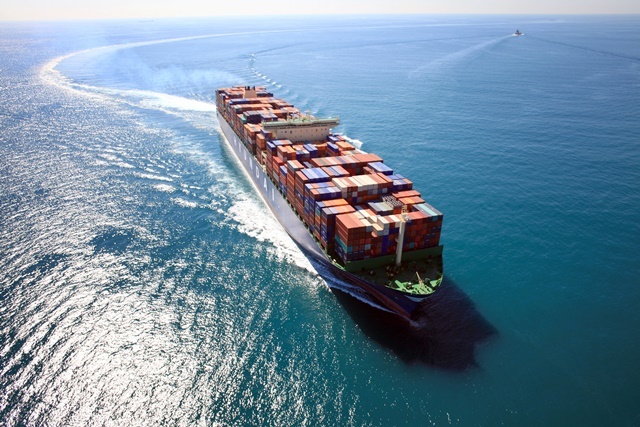Korean shipping firms should achieve economies of scale through M&As: KPMG
By Shin Ji-hyePublished : May 7, 2019 - 15:20
Korean shipping companies could weather a downturn in the industry by achieving economies of scale through mergers and acquisitions, amid steady growth forecasts for the global cargo market, according to a latest report released by KPMG Samjong Accounting Corp.
The Korean shipping industry had ranked fifth in the global market in 2009 on the back of government support, but it dropped to seventh place last year due to continued weak performance and a lack of investments.
The industry has been in deficit since 2016, posting losses of $4.5 billion last year. Around 30 percent of the nation’s top 100 shipping companies have a debt ratio of over 400 percent, according to KPMG.
The Korean shipping industry had ranked fifth in the global market in 2009 on the back of government support, but it dropped to seventh place last year due to continued weak performance and a lack of investments.
The industry has been in deficit since 2016, posting losses of $4.5 billion last year. Around 30 percent of the nation’s top 100 shipping companies have a debt ratio of over 400 percent, according to KPMG.

“Korean shipping companies should consider expanding their size through mergers and acquisitions to survive global competition. Through this, they will achieve an economy of scale and save costs,” said Lee Jae-hyun, an executive of KPMG’s deal advisory division.
Global shipping heavyweights are already leveraging economies of scale through tie-ups for steady growth of the global cargo market. Global cargo volume is expected to increase 2.3 percent on-year to reach 5.3 billion tons this year.
Germany’s largest shipping firm, Hapag-Lloyd AG, has grown in size by merging with Canada’s CP Ships and United Arab Shipping Co. in 2005. China’s CSET and Canada’s Teekay LNG Partners have also been expanding by acquiring similar companies.
Korean shipping firms should also respond to toughening global environmental regulations, the report said.
“If Korean firms are not ready for the regulations, they may be put in a situation where they have to halt operations after 2020,” he said.
From 2020, the International Maritime Organization will require shipping companies to reduce sulfur emissions from the current 3.5 percent level to below 0.5 percent. Vessels that are not eco-friendly need to install systems to purify exhaust or change their engines to liquefied natural gas engines. By Shin Ji-hye (shinjh@heraldcorp.com)






![[From the Scene] Monks, Buddhists hail return of remains of Buddhas](http://res.heraldm.com/phpwas/restmb_idxmake.php?idx=644&simg=/content/image/2024/04/19/20240419050617_0.jpg&u=20240419175937)





![[Graphic News] French bulldog most popular breed in US, Maltese most popular in Korea](http://res.heraldm.com/phpwas/restmb_idxmake.php?idx=644&simg=/content/image/2024/04/18/20240418050864_0.gif&u=)



![[From the Scene] Monks, Buddhists hail return of remains of Buddhas](http://res.heraldm.com/phpwas/restmb_idxmake.php?idx=652&simg=/content/image/2024/04/19/20240419050617_0.jpg&u=20240419175937)

![[KH Explains] Hyundai's full hybrid edge to pay off amid slow transition to pure EVs](http://res.heraldm.com/phpwas/restmb_idxmake.php?idx=652&simg=/content/image/2024/04/18/20240418050645_0.jpg&u=20240419100350)

![[Today’s K-pop] Illit drops debut single remix](http://res.heraldm.com/phpwas/restmb_idxmake.php?idx=642&simg=/content/image/2024/04/19/20240419050612_0.jpg&u=)